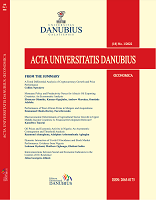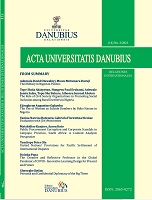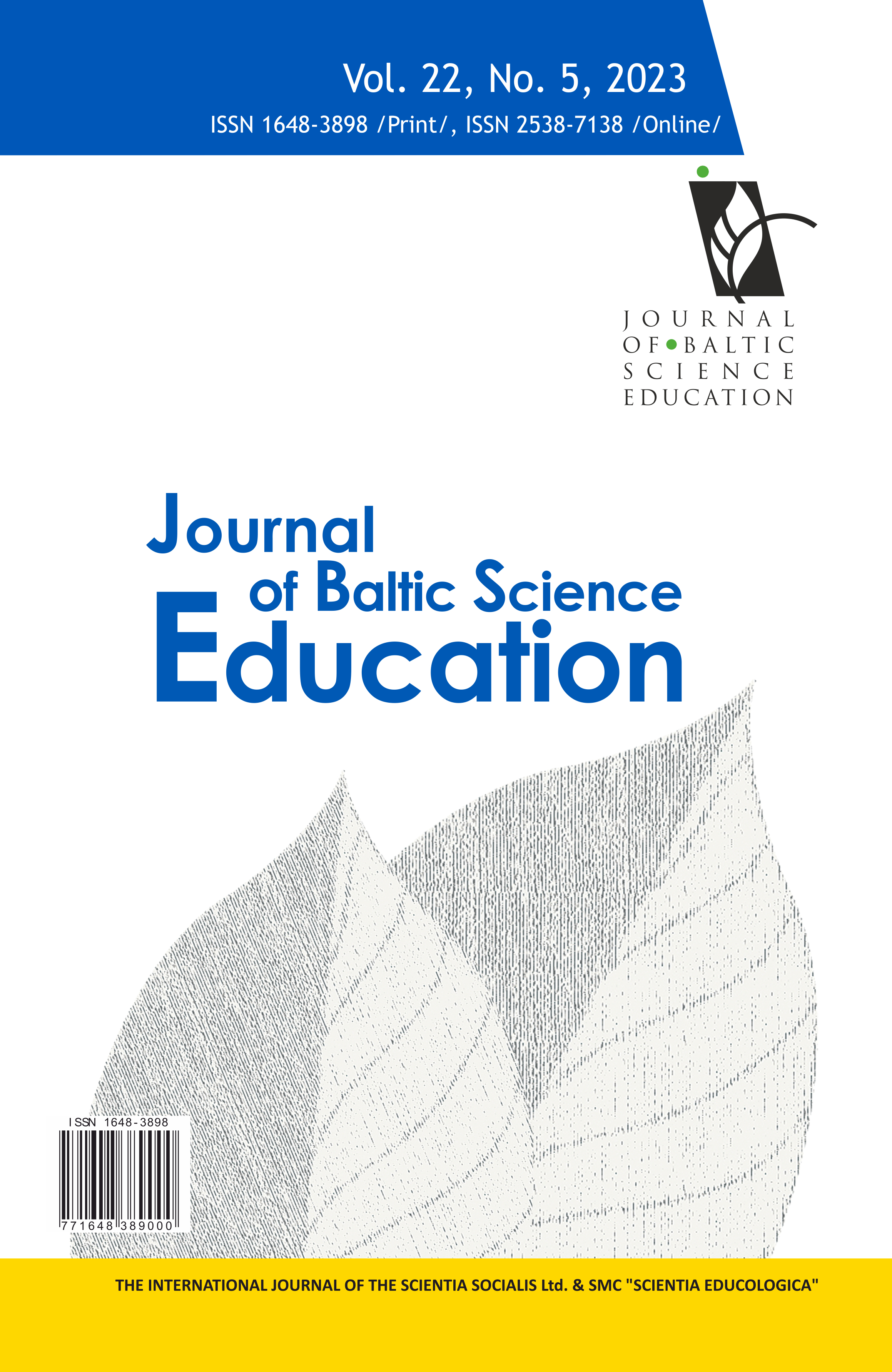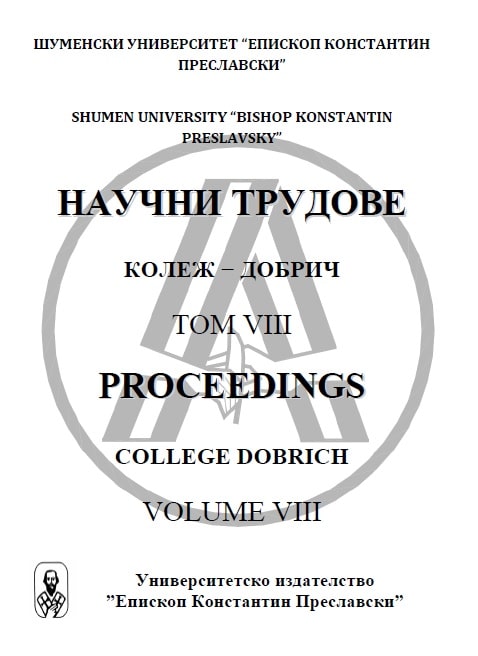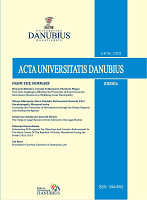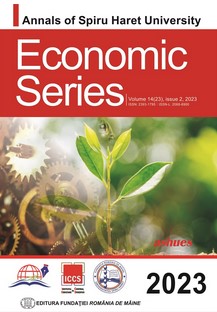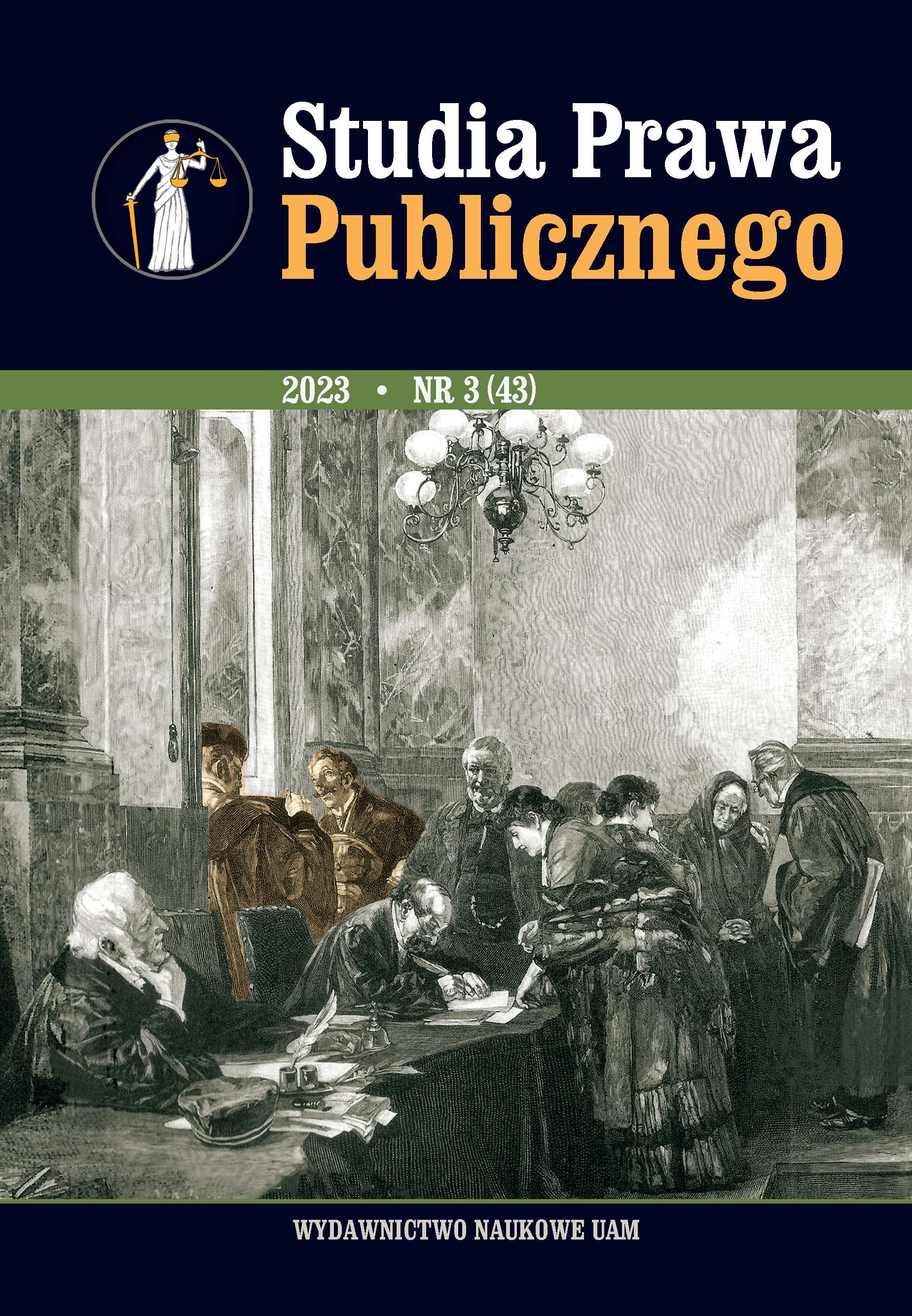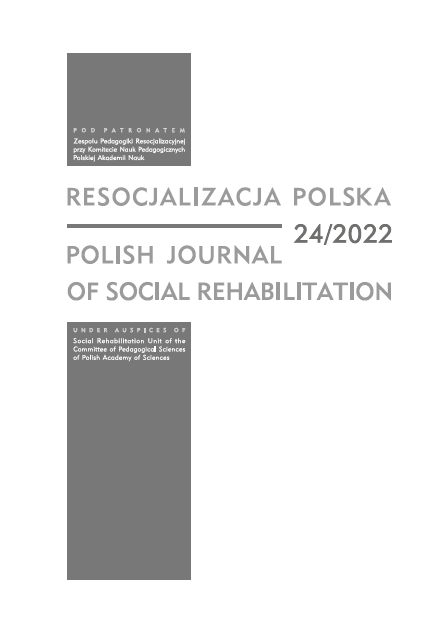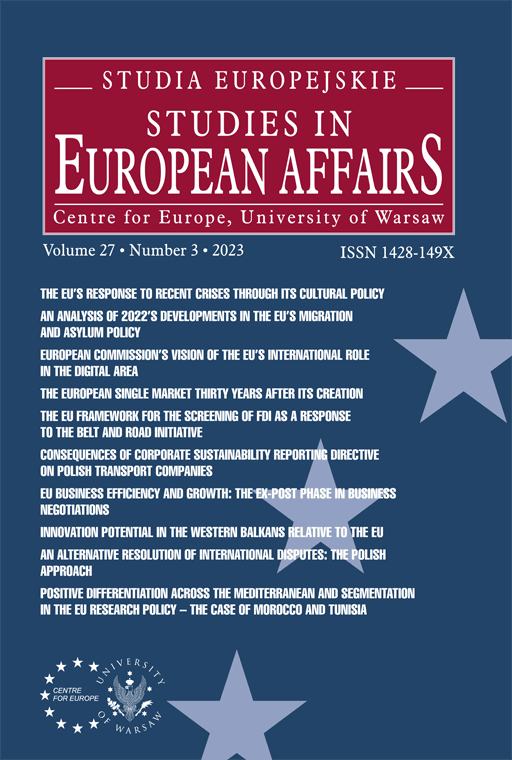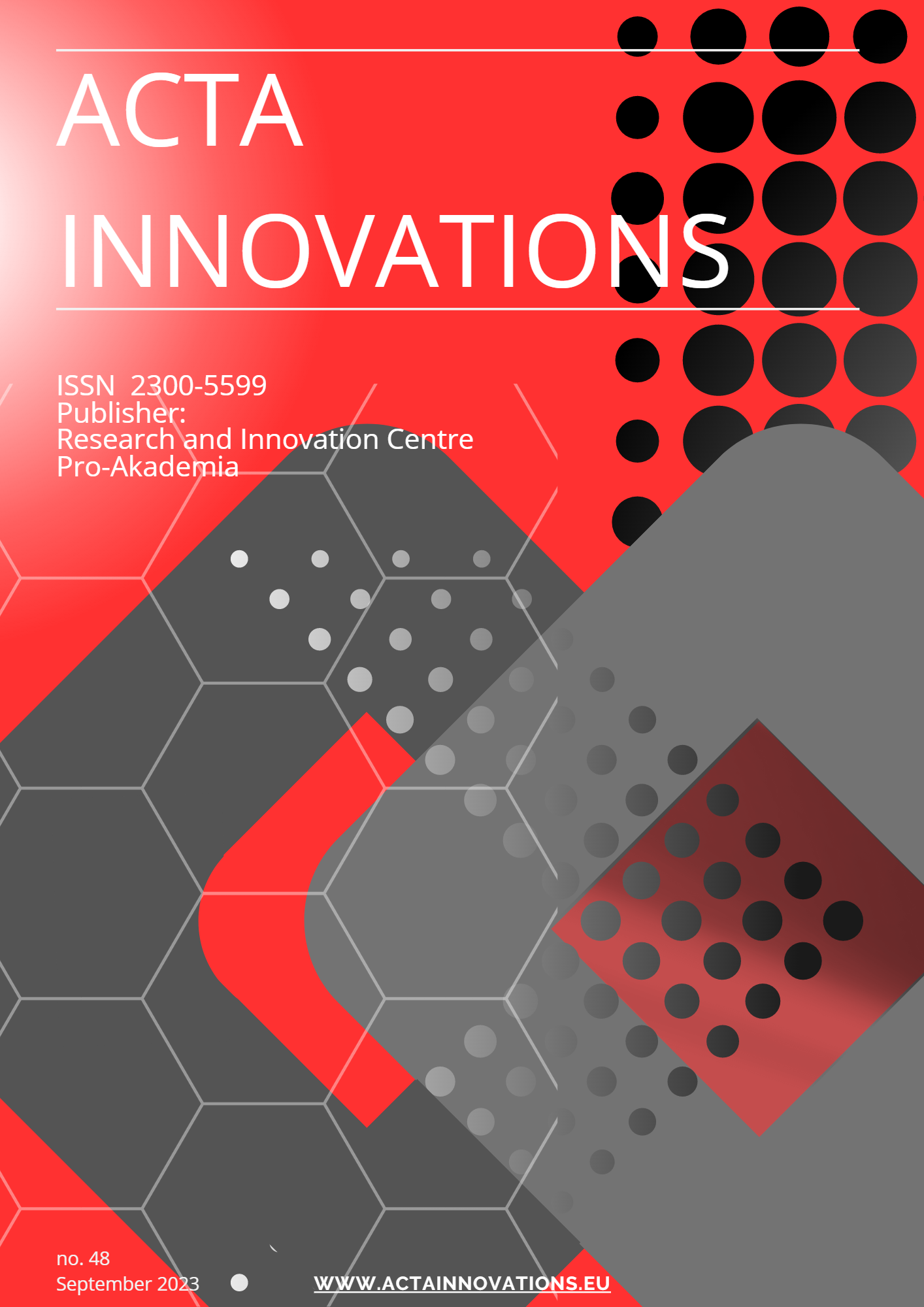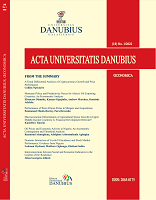
Indirect Versus Direct Bookings: Hotel Customer Motivations for Online Reservations at Travel Agencies in the Cape Metropolis
The emergence of several online travel agents (OTA) has come with several benefits for the potential travellers. Many accommodation establishments especially hotels find OTA helpful in this age of technological innovations and are using them as distribution channels for their products. This paper examines why hotel customers opt to book indirectly via OTA rather than making direct booking with the hotel. The paper also determines why hotel customers in the Cape Metropole think it is cheaper and more convenient to make reservations through travel agents. Hotel customer behaviour when booking accommodation is also reviewed to establish the motivations in choosing a specific booking method. Three-hundred hotel guests participated in the study, and the data was analysed descriptively using the IBM Statistical Package for Social Sciences (SPSS). The study revealed a preference for OTAs rather than direct reservation with the hotel, and this was mainly attributed to convenience and affordability. The study is of importance to hotels and OTAs as it advances an understanding of booking behaviours of hotel customers. Recommendations on how hotels could attract and convince customers to book directly to help avoid paying commissions to OTAs were discussed.
More...
